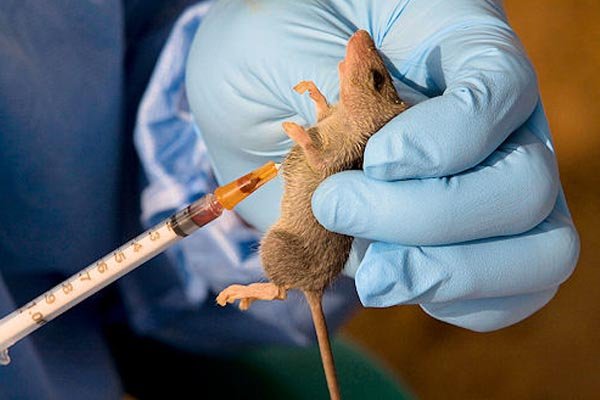Korede Abdullah in Lagos
A staggering 240 cases of Lassa fever and 21 deaths were recorded in Edo State between December 2023 and March 2024, according to Joseph Okoeguale, Director of Viral and Emergent Pathogens, Control and Research at Irrua Specialist Teaching Hospital.
Okoeguale disclosed this information during the Edo State University’s College of Medical Science Lecture Series held on Monday.
Okoeguale’s lecture, titled “University Community Collaboration in Lassa Fever Research: Advancing Diagnostic Capacity and Vaccine Development in Nigeria,” highlighted the severity of the outbreak.
He noted that the World Health Organization (WHO) has classified Lassa fever as a priority disease for research and development. The 2023 outbreak saw over 40% of Edo State’s cases originating from Etsako communities.
The alarming numbers underscore the need for intensified research and collaboration to combat Lassa fever.
Okoeguale’s presentation emphasized the importance of university-community partnerships in advancing diagnostic capabilities and vaccine development.
As Nigeria continues to grapple with this deadly disease, experts like Okoeguale are pushing for enhanced efforts to prevent and treat Lassa fever, ultimately saving lives and mitigating its impact on communities.
To stop the scourge of Lassa fever, prevention and vaccines are key, according to consultant gynaecologist Dr Okoeguale.
Lassa fever affects people of all ages and genders, causing significant mortality and strain on Nigeria’s healthcare system due to yearly outbreaks with increasing geographical spread.
Preventing the spread of Lassa fever is crucial, and vaccination is the primary tool in epidemic prevention. In fact, a Phase 2 clinical trial of a Lassa fever vaccine candidate is underway in Nigeria, sponsored by the International AIDS Vaccine Initiative (IAVI).
This trial aims to evaluate the safety, tolerability, and immunogenicity of the vaccine candidate.
Lassa fever outbreaks have severe consequences, including High Mortality Rates. Approximately 5,000 people die annually from Lassa fever.
Widespread Infection: Over 300,000 people fall ill from Lassa fever annually in West Africa. In its economic strain, the annual outbreaks put immense pressure on Nigeria’s healthcare system.
Experts emphasize the need for continued research and development to combat Lassa fever. With vaccination as a critical prevention tool, efforts like the IAVI-sponsored trial bring hope for a future with fewer Lassa fever cases.



